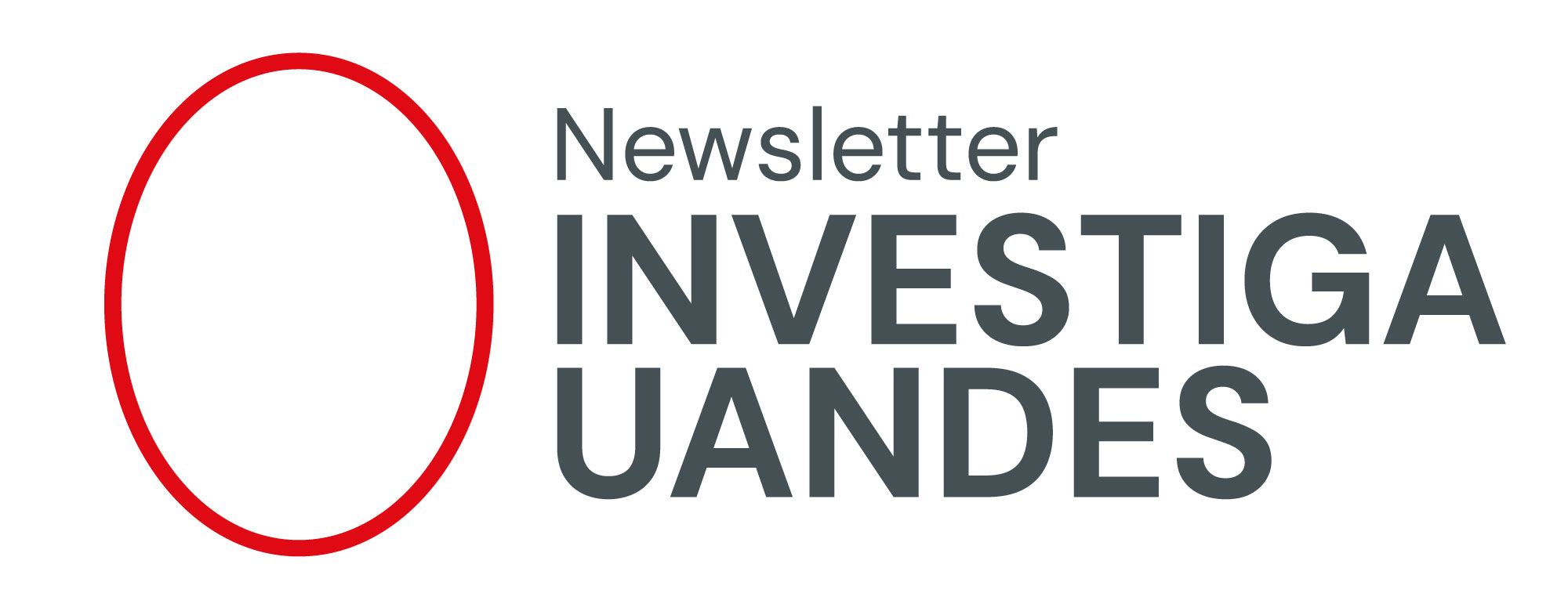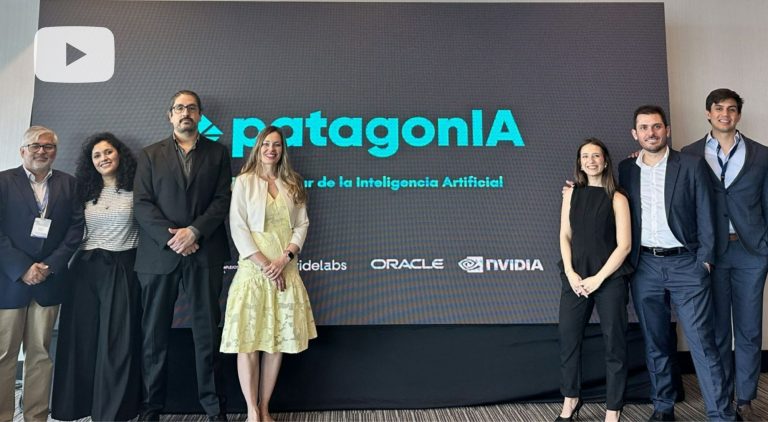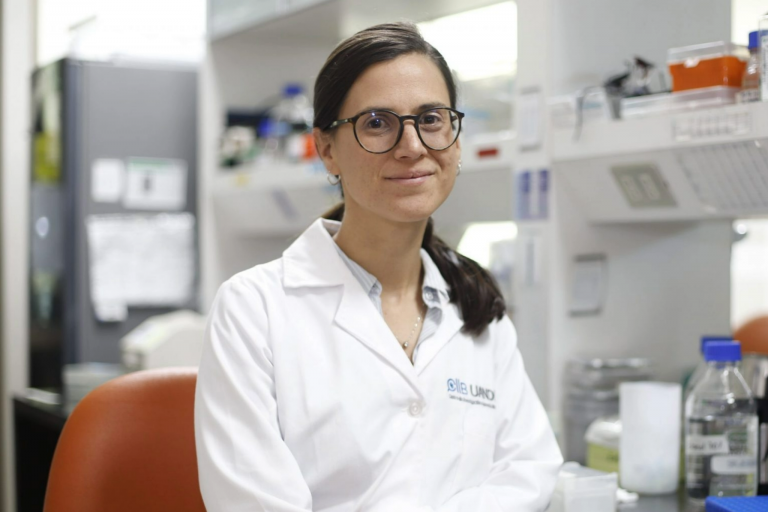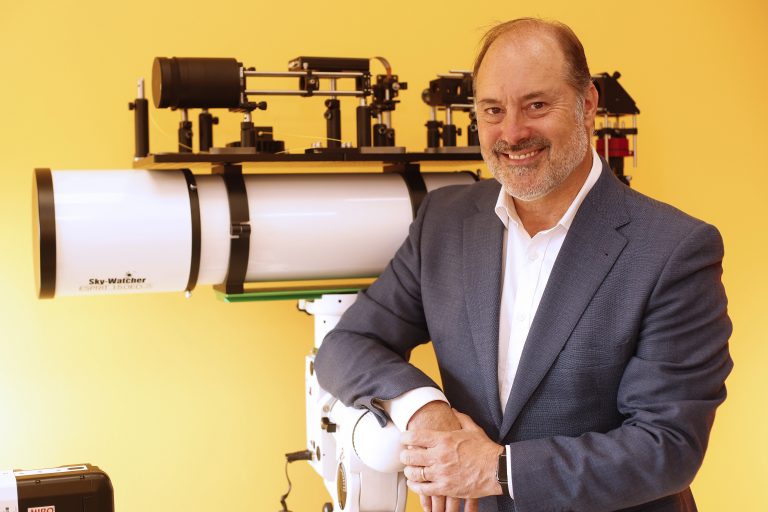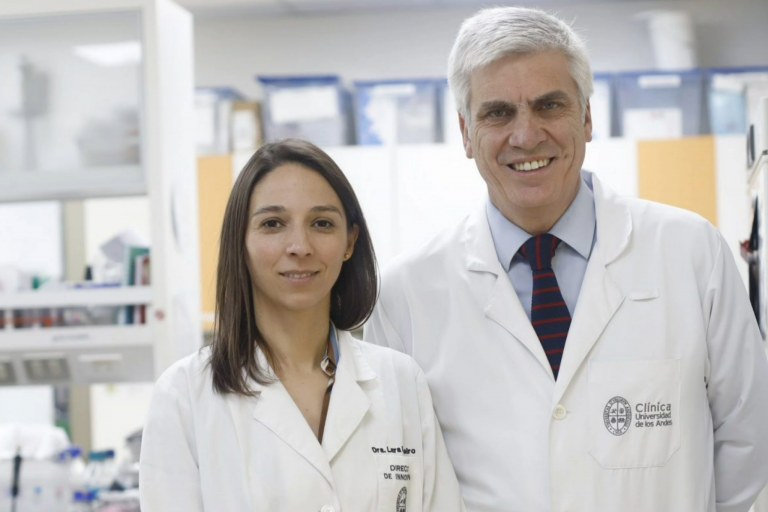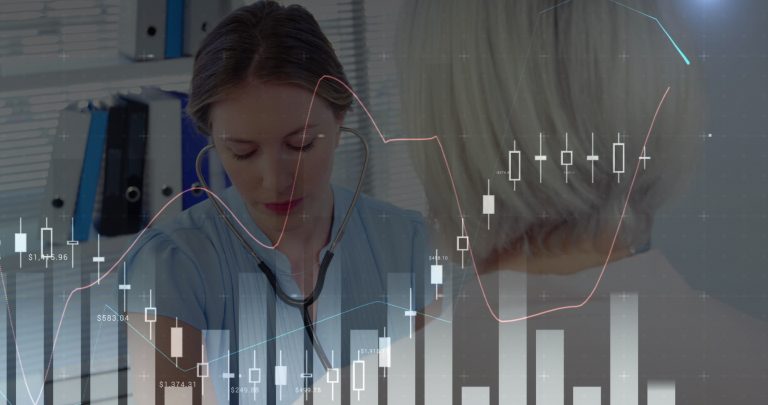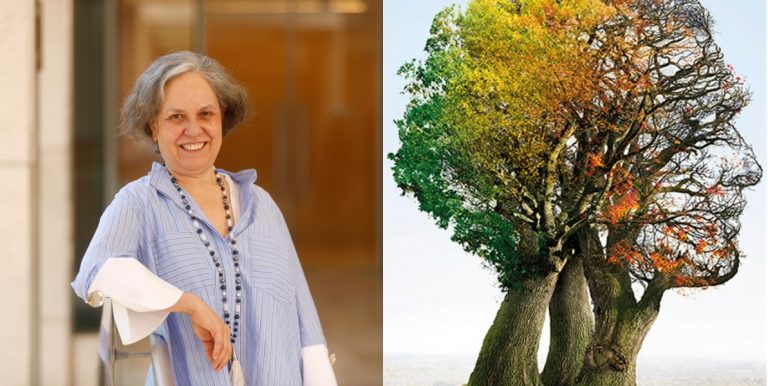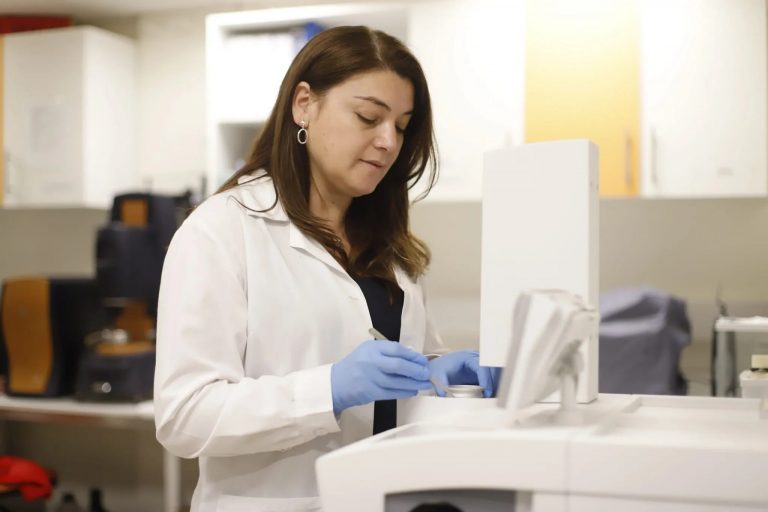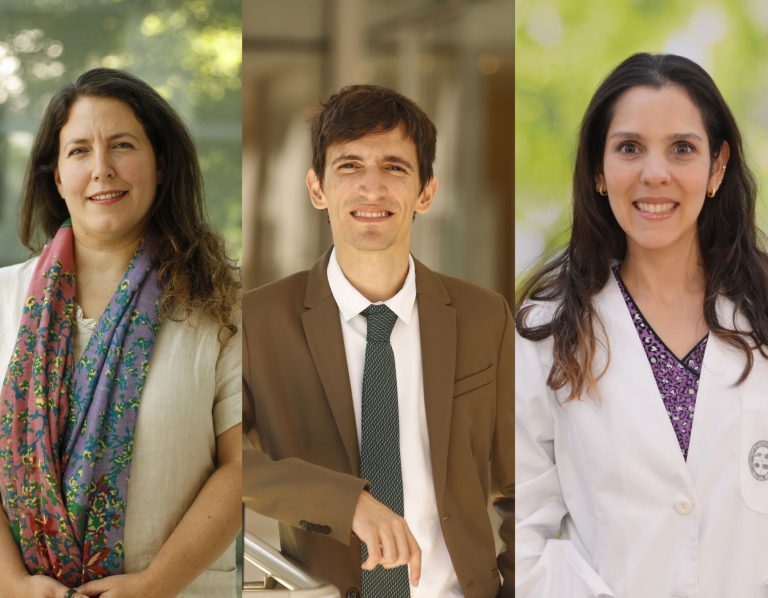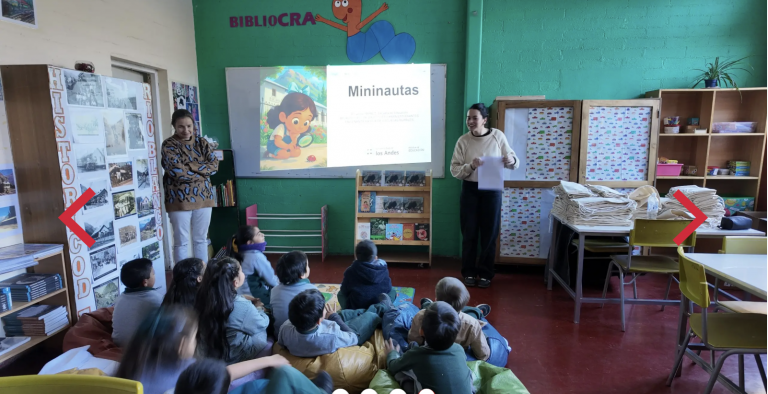Science and Technology
PatagonIA: Researchers Create the First Artificial Intelligence for Chile
The initiative reflects the particularities of Chilean Spanish and marks a milestone in Latin America's technological sovereignty.
International study led by academic links dental health to gestational diabetes
An interdisciplinary and international team of researchers, led by María Luisa Mizgier, an academic from the School of Dentistry, developed a study that [...]
Academic Internationally Recognized for His Contribution to Optical Communications
The academic from the School of Engineering and Applied Sciences and associate researcher of the Millennium Institute for Research in Optics (MIRO) received the award during the international congress SPIE Optics + Photonics, held in San Diego, USA.
Researchers Develop Biomarkers in Study for the Detection of Gynecological Problems
Researchers seek to develop an accessible and accurate diagnostic tool for the early detection of heavy menstrual bleeding, an under-diagnosed condition that affects the quality of life of millions of women worldwide.
DOMus AI: Artificial Intelligence at the Service of Building Permits
The platform created by the Center for Territorial Studies and the School of Engineering seeks to optimize the management of building permits, allowing a more agile and accurate review of the application files. The prototype was a finalist in the contest held by Laboratorio de Gobierno and the IDB.
Legal and Environmental Specialists Create Tool to Reduce Regulatory Uncertainty
Researchers from Universidad de los Andes and PUCV are working together to validate and transfer an AI-based technological platform to support the processing of projects in the Environmental Impact Assessment System (SEIA).
Study on Wildfire-Related Deaths Published in The Lancet Warns of Ozone Exposure
Patricia Matus warns that, given the progression of climate change, forest fires and their health impact will continue to increase.
Plant-Based Beverage Prototype Developed to Achieve a More Balanced Protein Content
Ingrid Contardo, an academic from the School of Nutrition and Dietetics, leads a project that seeks to optimize the protein value of quinoa and chickpeas through an innovative fermentation process capable of improving digestion and releasing a greater amount of essential amino acids.
Researchers Win Inter-University Funding for Innovations in Medicine, Dentistry, and Education
The use of dialogue to solve problems, dental rehabilitation that favors oral and mental health, and being able to measure high cholesterol levels during pregnancy are the projects of UANDES researchers who were awarded the funds.
A microscope and a guide to bring science closer to children in rural schools in Chile
The project to bring science to rural schools began at IMPACT with the creation of an accessible and hands-on microscope that seeks to link low-income students with science and technology.
